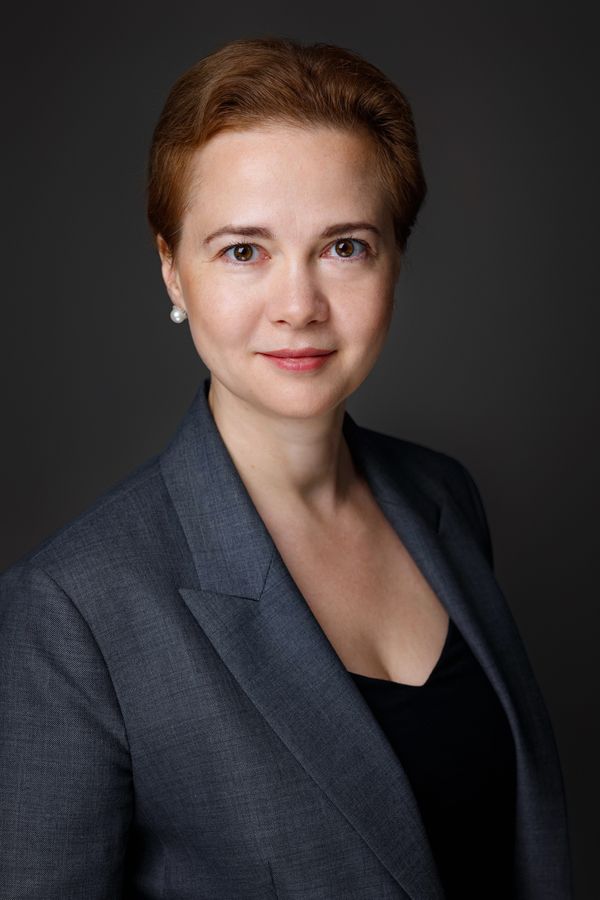AK&M calculated a sevenfold increase of cash for sale of Russian assets abroad, to $1.1 billion. Experts think that the assets were sold abroad primarily due to sanctions risks.
AK&M’s report on M&A market suggests that the monetary volume of purchases of assets owned by Russian companies or individuals by foreigners increased almost sevenfold in Q1 2024 (RBC has a copy). The agency calculated that these transactions amounted to $158.6 million in Q1 2023, and $1.1 billion YoY in 2024.
On the contrary, the number of transactions with Russian assets abroad decreased: from six to four. AK&M noted in its annual report on the M&A market that 23 purchases of Russian foreign assets by foreigners took place in 2023, totally amounting to about $3.5 billion.
The largest transaction with foreign assets in Q1 2024 was the purchase of a majority stake (26.19%) in Globaltrans, a freight rail transportation company, by Kazakh investor Kairat Itemgenov from three companies with Russian beneficiaries. Globaltrans was originally registered in Cyprus, but moved to Abu Dhabi (UAE) last spring. The transaction price was not disclosed, but AK&M thinks it could be worth $774.5 million. The second largest transaction was MTS’ sale of its Armenian subsidiary, MTS Armenia CJSC (operating under the Viva-MTS brand), to Fedilco Group Limited, a Cyprus company. According to MTS's annual report, the deal amounted to $209.1 million. The third major deal was Transmashholding’s sale of two Kazakh assets: stakes in JSC Locomotive Assembly Plant (LKZ) controlled by Kazakhstan Railways and in Alstom, a joint venture with France. Both companies sold its shares to Wabtec Transportation Engines, a US company, for $81 million.
AK&M experts note an increasing interest in purchasing Russian assets abroad. Other analysts have different estimates of demand for Russian assets in foreign jurisdictions, but agree that one of the main reasons for their sale is the risk of sanctions.
Interest in Russian Companies’ Foreign Assets
‘Russian companies are now better prepared to sell foreign subsidiaries than in the first years of sanctions, which may facilitate to some growth in sales,’ notes Tatyana Neveeva, Senior Partner, Verba Legal. In addition, most Russian businesses originally sought to redomiciliate their assets as much as possible, she adds. Today, it is already clear where redomiciliation is possible and effective, and where the only way to reduce the risks of foreign jurisdictions for a group is to sell foreign assets, Neveeva explains. However, the quarterly data suggests that there is no significant interest in Russian assets, the expert concludes.
See details here.
